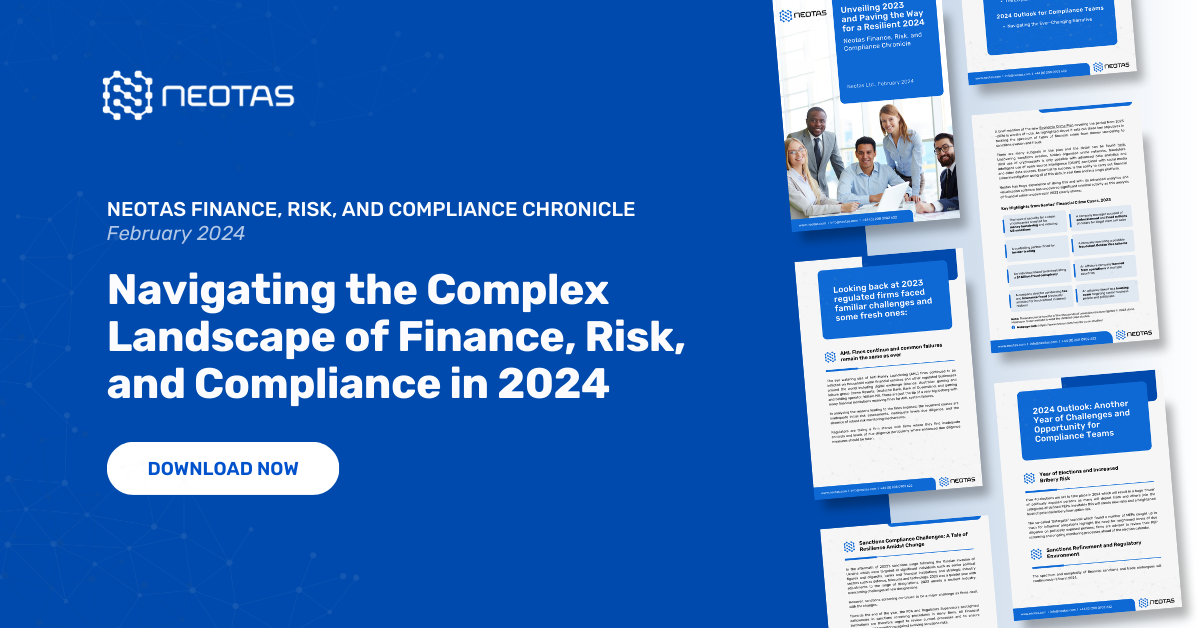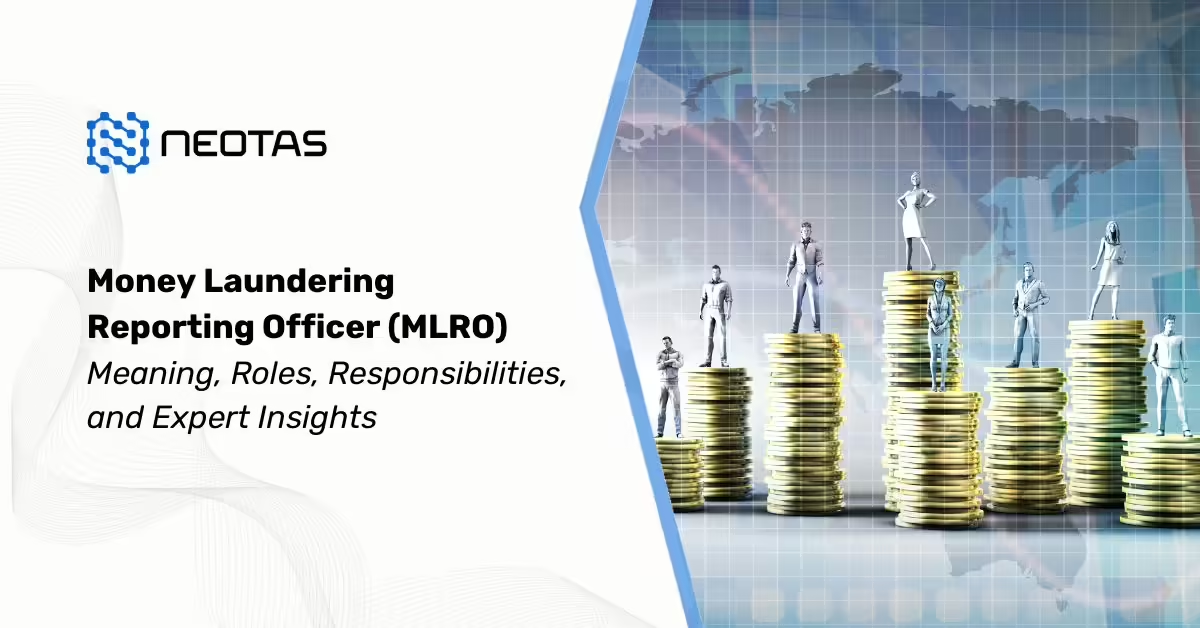In early 2017, New Jersey implemented an algorithm: it generates a score and gives counsel to judges. The algorithm advises them as to whether they should grant bail to detainees. This process entirely replaces bail hearings. It’s possible for the judge to never see the subject they sentence, and to never to see the effect of their judgement.
While this sounds dystopian I can recognise the benefit. An impartial, free from bias sentence – the theory is perfect. The practice is distorted. Algorithms operate based upon past data. But what happens when past data is warped? What happens in a judicial system that has been marred by racism for countless years? What happens when past data reflects the racist history of a nation?
The answer is simple – that tendency continues. Black people are therefore less likely to be released on bail than white people. I, and I hope you, can see that this isn’t just or fair. How can we teach machines when humans haven’t got it right yet?
Judges are analysts at their core. They learn facts, process, and output. The similarity between them and machines ends there – Judges understand ethics; machines don’t. Judges can process extraneous factors; machines can’t. Judges are swayed by ideological movements; machines aren’t.
Automation is a tide flowing through each sector – a tsunami threatening to crumble industries, to damage the bedrock that is the foundation of our society. And automation might well do so for many walks of life, but other paths, like that of the humble analyst, can stand proud and untouched. Morality, ethics, and processing in the wake of true understanding is what distinguishes us from machines. Analysts can provide this; machines cannot. Is there place for humans in this world of increasingly automated processes?
I believe yes. If in the distant future all work is automated save sectors of compassion, morality and ethics, then surely the AI, NPR and automotive drive has in fact freed us to be more human: to analyse with greater clarity. This is why I think Neotas will retain value in the face of automation – we retain the human component.
Daniel Burke-Ward



 Financial Crime Compliance Trends 2024
Financial Crime Compliance Trends 2024












